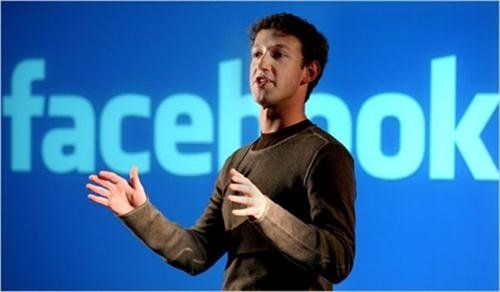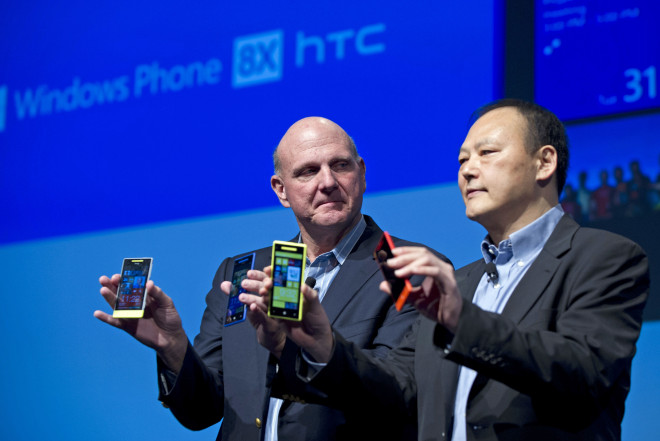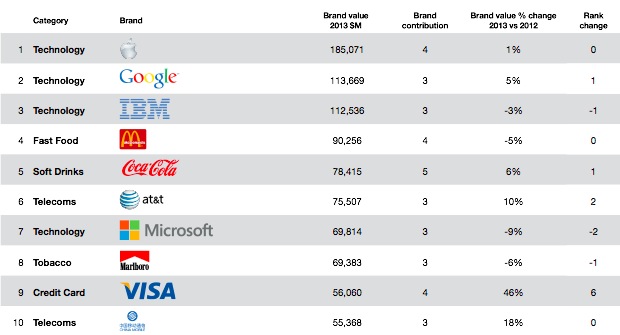On November 13, GM announced that in the second quarter of next year it will move international headquarters from Shanghai to Singapore, a trophy for the subtropical city-state that is aggressively promoting itself as a global business centre.
 GM set up a division for international operations in Shanghai, but a recent reshuffle split GM China from the international unit, which is seeking a new start.
GM set up a division for international operations in Shanghai, but a recent reshuffle split GM China from the international unit, which is seeking a new start.
Why did GM make this decision?
“Singapore would offer closer proximity to our key markets,” said Lori Arpin, spokeswoman for GM’s international operations.
However, what GM said maybe not important. The truth is that because China is a very important market, but China is not the international market. China has its own special rules. According to the present stage, Singapore is one of the international trade, financial and shipping centre.
Read more: http://abcnews.go.com/Business/wireStory/gm-move-intl-office-shanghai-singapore-20872888









